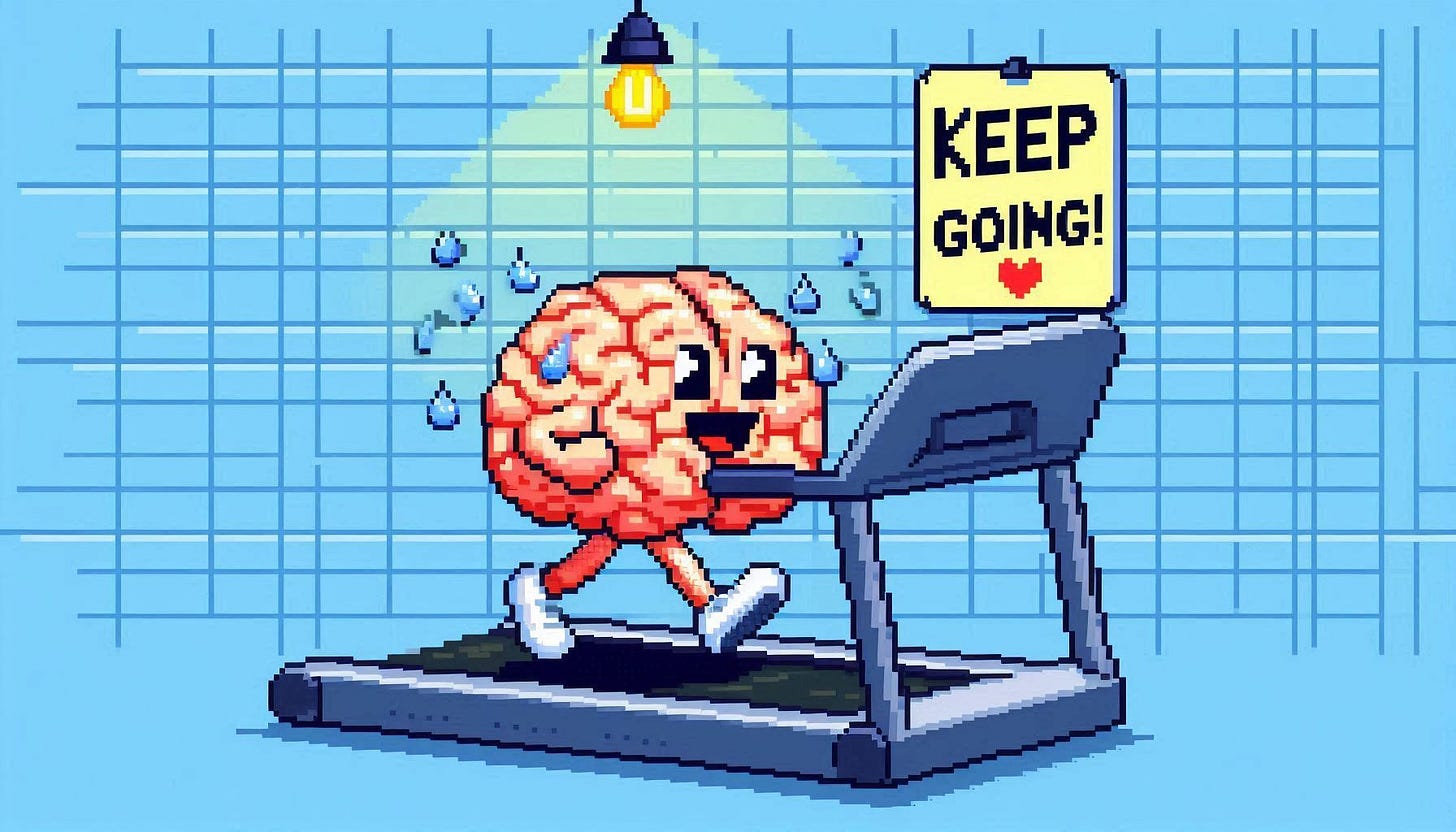Why Psychological and Physical Health are Inseparable
Everyone recognizes the importance of both psychological and physical health for our overall flourishing. However, we often think of these two aspects of wellbeing as separate from each other. For example, if we aim to lose weight or get fit enough to run a marathon, we typically view this as primarily a physical health goal, relying la…


